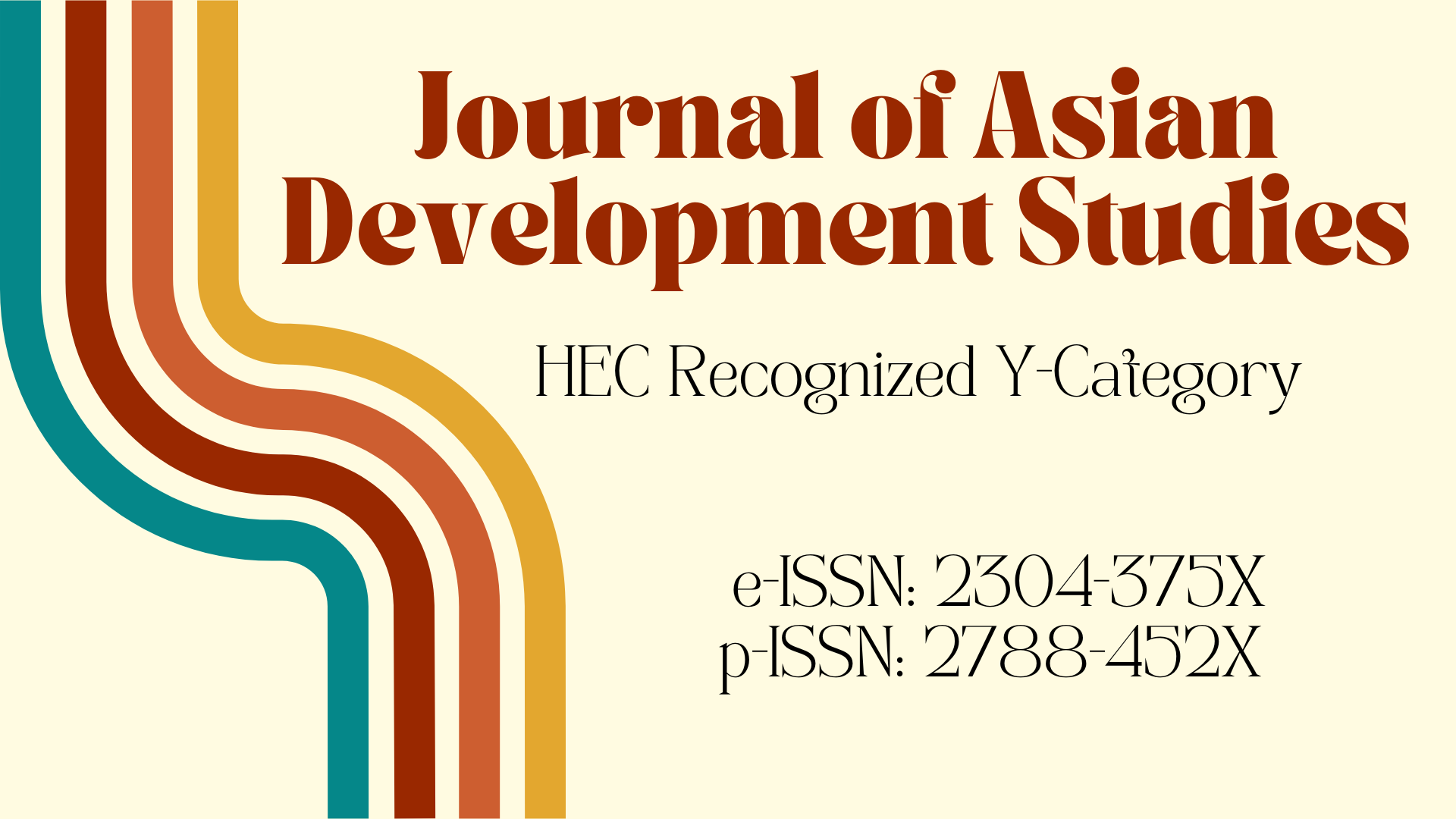NFC Award and Social Sector Public Delivery
DOI:
https://doi.org/10.62345/jads.2025.14.1.29Keywords:
NFC Funds, Fiscal Decentralization, Social Sector, Provincial GovernanceAbstract
This study investigates the impact of National Finance Commission (NFC) funds on social sector spending in Pakistan's provinces, focusing on education, health, water, sanitation, and infrastructure. By analyzing NFC allocations from 2001 to 2021, the research examines how funds are utilized in Punjab, Sindh, Khyber Pakhtunkhwa (KPK), and Balochistan. Significant disparities persist in social sector outcomes across provinces despite increased allocations, largely due to governance challenges and inefficiencies. Using econometric models, the study demonstrates that Punjab allocates more NFC funds to education and healthcare than other provinces, particularly Sindh, which shows lower utilization despite receiving substantial funds. This highlights inefficiencies in governance and resource allocation. The study emphasizes the need for performance-based mechanisms in future NFC awards to ensure equitable and effective use of funds, particularly in underperforming provinces like Sindh. It also suggests strengthening provincial governance through targeted reforms and federal oversight. Overall, the findings contribute to the ongoing discourse on fiscal decentralization in Pakistan, offering policy recommendations for improving resource utilization and social development across the provinces.
Downloads
Downloads
Published
Issue
Section
License

This work is licensed under a Creative Commons Attribution 4.0 International License.
License Terms
All articles published by Centre for Research on Poverty and Attitude are made immediately available worldwide under an open access license. This means:
- everyone has free and unlimited access to the full-text of all articles published in Centre for Research on Poverty and Attitude's journals;
- everyone is free to re-use the published material if proper accreditation/citation of the original publication is given.




